By Eric House
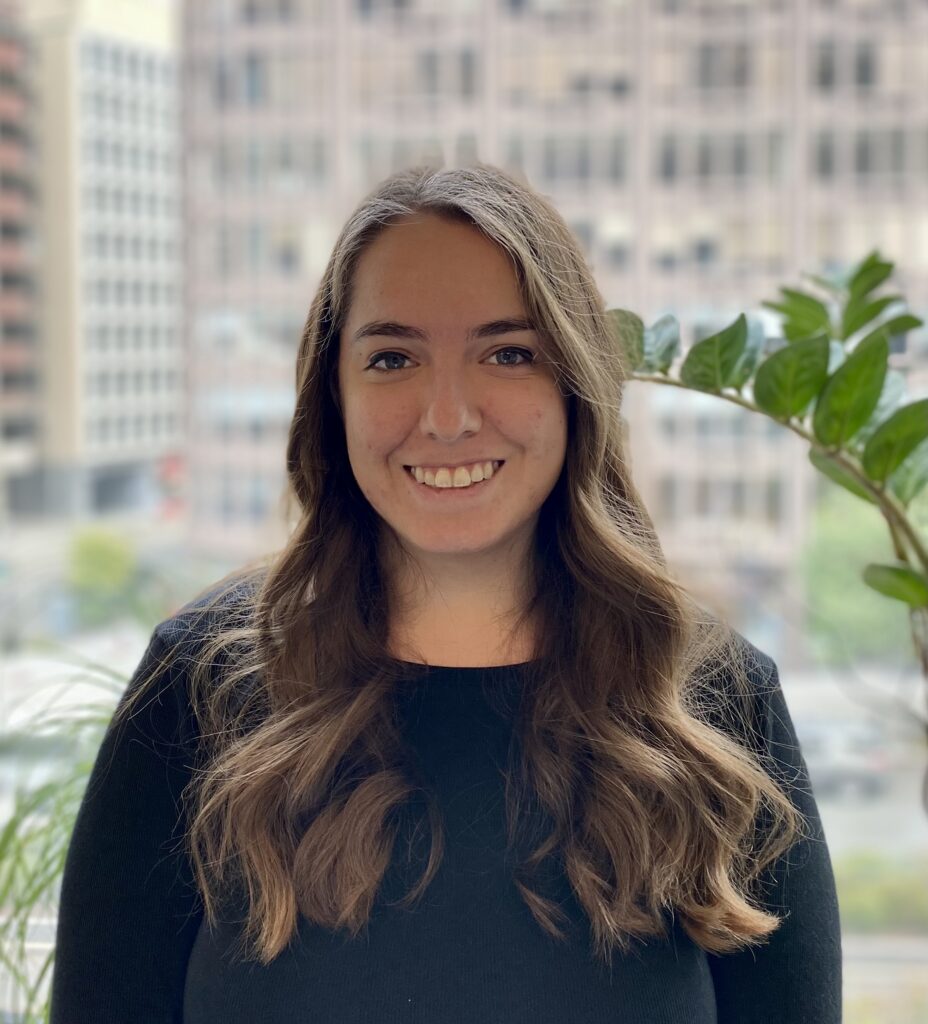
Neither a global pandemic nor an Ebola outbreak could stop Mary Thibodeau from studying abroad. As an alum of both SIT Rwanda and SIT’s global MA in Humanitarian Assistance and Crisis Management, her study abroad journey has been one of unexpected developments that ultimately shaped her into the global citizen she is today.
According to Mary, when it came to studying abroad, it was “always Rwanda.” Passionate about international studies and peacebuilding, she conducted a three-year research project on the impacts of reconciliation programs in schools and communities in post-genocide Rwanda while an undergrad. This was on top of a packed schedule at Elon University, where as an undergraduate, Mary was double majoring in political science with a concentration in international studies and international and global studies with a concentration in Africa.
In January 2020, she was accepted to SIT’s post-genocide restoration and peacebuilding program in Rwanda.
Then came the Covid-19 pandemic. International travel halted, and SIT stopped its programming to keep students safe. Mary was finally able to go to Rwanda in the fall of 2020.
Study abroad prepared me to expect the unexpected.
Despite the social distancing and masking, SIT maintained its commitment to experiential learning.
For Mary, it was particularly impactful to not just read articles but to meet real people with stories to tell while witnessing the great measures taken to maintain peace in Rwanda after genocide.
“What SIT did was bring people from the community to our classroom, which was great. Just getting to talk to people one-on-one was really interesting, even when the topic of genocide was so sensitive,” Mary said. “That was such a valuable experience because reading something is one thing, but getting to actually talk to people is so important. That experience honed my desire to work in this field and say, ‘Okay, I’m gonna do this.’”
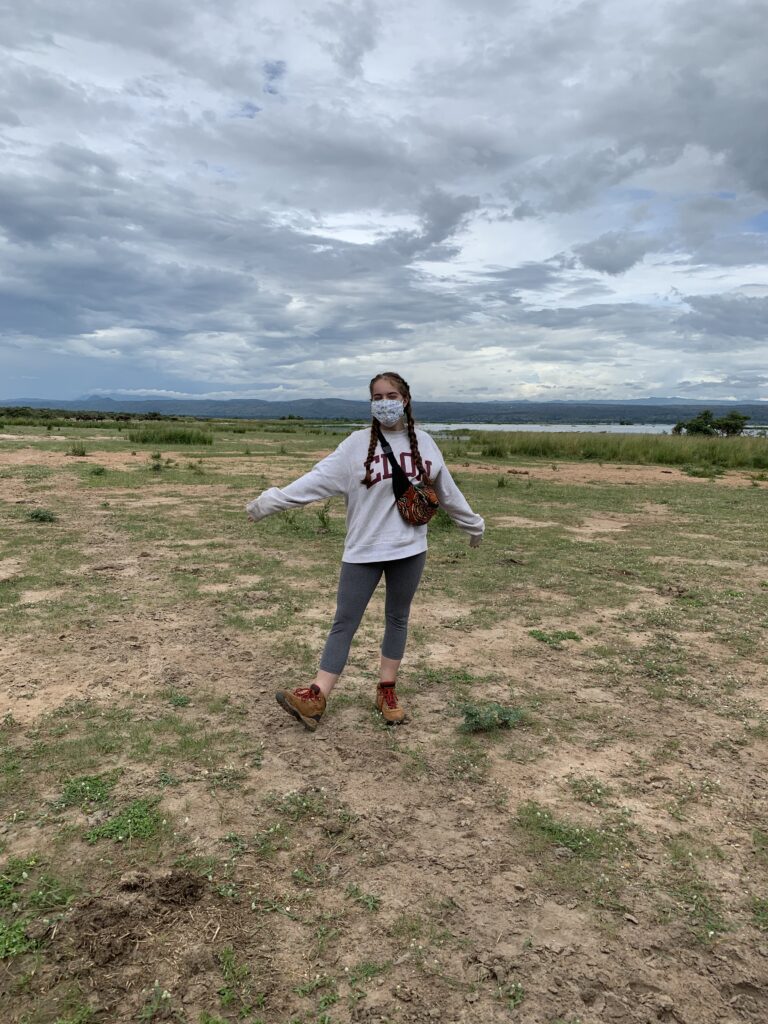
Aligning with her ongoing research at Elon University, Mary conducted research about locally led justice processes in Rwanda for her Independent Study Project (ISP) with SIT. These Gacaca courts, as they were called, played a primary role in bringing peace to the country after the genocide.
She was struck by the disparity between scholarly research written by mostly white, Western men about the failures of those local peace processes versus what she saw and heard from the people who went through it.
“Every person we talked to up to that point talked about how successful the justice program was, how it wasn’t a Western judicial process, but it was an African-style judicial process,” she said. “So, my research focused on the actual perspectives of people who went through the genocide and then the Gacaca courts.”
Mary met with both survivors and perpetrators of the genocide, as well as judges and community members, to ensure all voices were heard. At the end of almost every interview, each interviewee asked that their stories be shared to help correct misconceptions about Rwanda and emphasize how far they’ve come.
Mary said SIT took great measures to ensure that every student’s mental health was taken care of. To balance the heavy nature of the topics they discussed, they also had lighter experiences, such as making their own coffee from Rwandan coffee bean fields.
It was an experience that she described as “incredible,” and made for a true launching pad into the next phase of her academic and professional career. After graduating, she went looking for graduate programs that emphasized on-the-ground international experience and came across SIT’s global master’s in humanitarian assistance and crisis management.

She was enticed by the program’s travel to multiple countries, which was originally intended to be Jordan and Uganda. But after she was accepted, an Ebola outbreak hit Uganda forcing SIT to reshape the program. Mary saw this as a great example of how international practitioners often have to think on their feet and change course unexpectedly.
“Our professors emphasized that this was just a common element of crisis management and that we have to get used to not knowing things because when there’s a crisis, you won’t always know where you’re going,” she said. “It was almost like real-life practice for our future jobs.”
The program took Mary’s cohort to Jordan, Turkey, and Serbia, which allowed her to compare what she had just experienced in Rwanda with that in Bosnia and Herzegovina, also a post-genocide society.
The opportunities to be abroad and to meet people in the field, especially through SIT’s master’s programs, are genuinely preparing you for the job.
The curriculum included a semester where students could choose their own country. As a French speaker, Mary chose Morocco. While there, she worked full-time for a refugee organization in their grants department and assisted with workshops amongst African refugee service providers.
Concurrently, she completed her thesis, which reviewed Tanzanian and international organizations’ water and sanitation policies through a decolonized perspective and was later published.
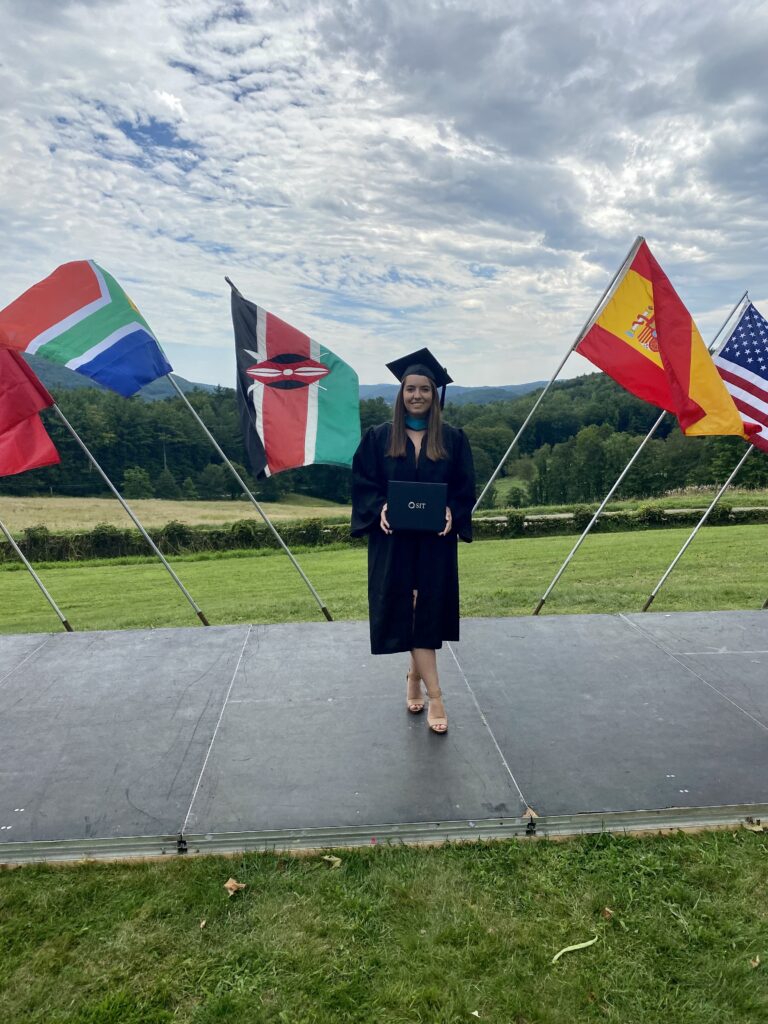
After graduating from the MA program in August 2023, she quickly began her current role as a program associate at the American Bar Association Rule of Law Initiative in the Africa division. There, she says every day is an opportunity to draw upon both of her study abroad experiences.
“The opportunities to be abroad and to meet people in the field, especially through SIT’s master’s programs, are genuinely preparing you for the job,” she said. “For example, at SIT, we had classes on writing proposals, and I have directly used that work when I’ve been working on proposals for my job. SIT just really prepares you for the actual work.”
Mary is also still in touch with her homestay family from Jordan and receives a text from her homestay neighbor almost every day.
As each of her programs shifted gears, Mary learned how to think and act on her feet and was equipped with the hard skills used in her everyday work, ultimately shaping her as a researcher, practitioner, and global citizen. “Study abroad prepared me to expect the unexpected,” she said. “I 100 percent recommend it to anyone who’s considering it.”
Registration now open for nearly 40 SIT summer programs
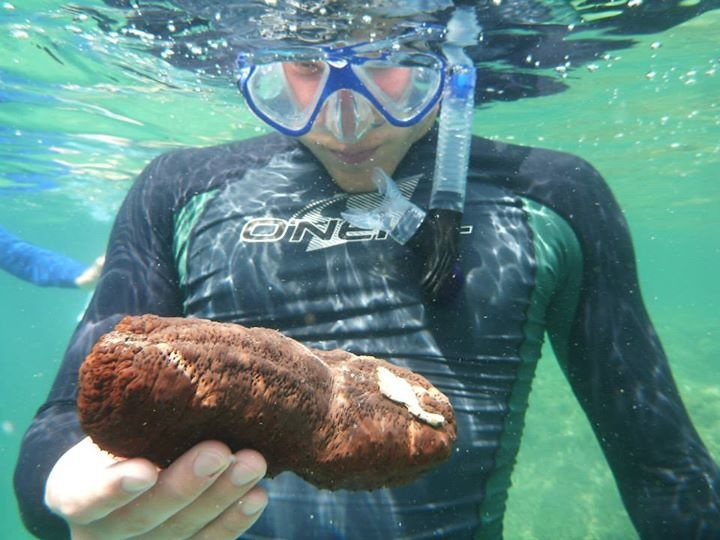
If you haven’t yet begun planning for next summer, this is a great time to start.
Registration opens Wednesday, Sept. 15, for 38 SIT summer 2022 study abroad opportunities. Included are new programs that encompass art and social change in Eastern Europe; hip-hop music and decoloniality in Senegal; climate change in Jordan; peace-building and human rights in the Balkans; human trafficking in the Netherlands; food security in Italy; epidemiology in Argentina; and urban design and social justice in Spain.
“SIT has historically expanded the frontiers of international education, creating global opportunities of learning and cultural immersion for thousands of students a year across all continents,” notes SIT Dean of Faculty Dr. Said Graiouid. “The summer 2022 portfolio maintains that tradition with programs that focus on social, political, economic and scientific arenas and in diverse historical periods and geographical settings.”
Students are challenged to embrace a human-centered, comparative approach …”
SIT’s immersive programs next summer will take place in sub-Saharan Africa, the Asia Pacific region, Europe, and the Middle East/North Africa.
SIT will also once again offer virtual internships that allow undergraduates to build invaluable professional and academic experience on a range of subjects. These include two Jordan internships, in counseling and humanitarian action, and in community empowerment and climate change; women’s rights in Cameroon; education and social change in Chile; sustainability in India; public health in Kenya; human rights in Serbia; diplomacy and international relations in South Africa; and development and gender in Vietnam.
Regardless of which program they choose, says Graiouid, “students are challenged to embrace a human-centered, comparative approach in which they engage with resources and the competencies needed for the development of the skills of critical literacy, intercultural communication, and intellectual polity.”
Alix Swann, an international studies major at Spelman College, did a virtual internship on the Chile program in fall 2020 in which she worked with a women’s collective that fights street sexual harassment. Alix’s task was to teach about U.S. laws and policies on sexual harassment in the workplace and digital sexual harassment.
“Before this internship, my viewpoint was solely from a U.S. perspective, and I now no longer try to relate everything to the U.S.,” she says.
Yardena Meyerhoff, a physics and astronomy major at Whitman College, also did the Chile program, interning with the Colegio de Profesoras y Profesores de Chile to conduct a comparative analysis of Chile’s standardized testing system and the effect of standardized testing on student learning and development.
“My meetings with my internship advisor were very organic and natural and would often go in fascinating and sometimes unexpected directions. Our conversations made me think about my own experiences with education growing up in Minnesota, and how education systems around the world suffer from similar inequalities,” Yardena recalls.
SIT’s virtual language programs have also been popular during the pandemic. Language options for summer 2022 include all levels of Arabic (from Jordan); Swahili (Kenya); Hindi (India); Nepali and Tibetan (Nepal).
New SIT programs for summer 2022 are:

Argentina: Epidemiology and Healthcare Management—Through SIT’s close partnership with ISALUD, the nation’s top health university and think tank, examine urban epidemiology, health inequalities, and the challenges of managing health services and policies to expand access to healthcare.
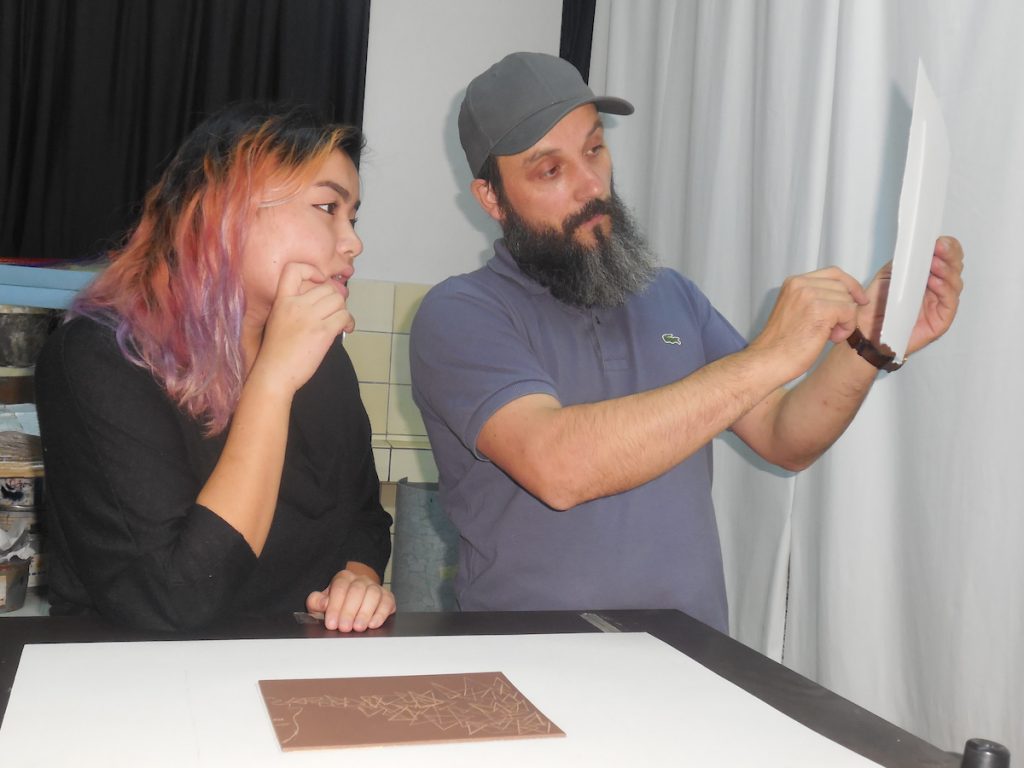
Czech Republic: Studio Arts—Explore photography, creative writing, or contemporary dance through an intensive arts workshop while examining debates around art, politics, and society.

Italy: Food Security and Nutrition—Delve into sustainable agriculture on a Tuscan estate and explore how international experts are confronting challenges of food security, nutrition, and health.
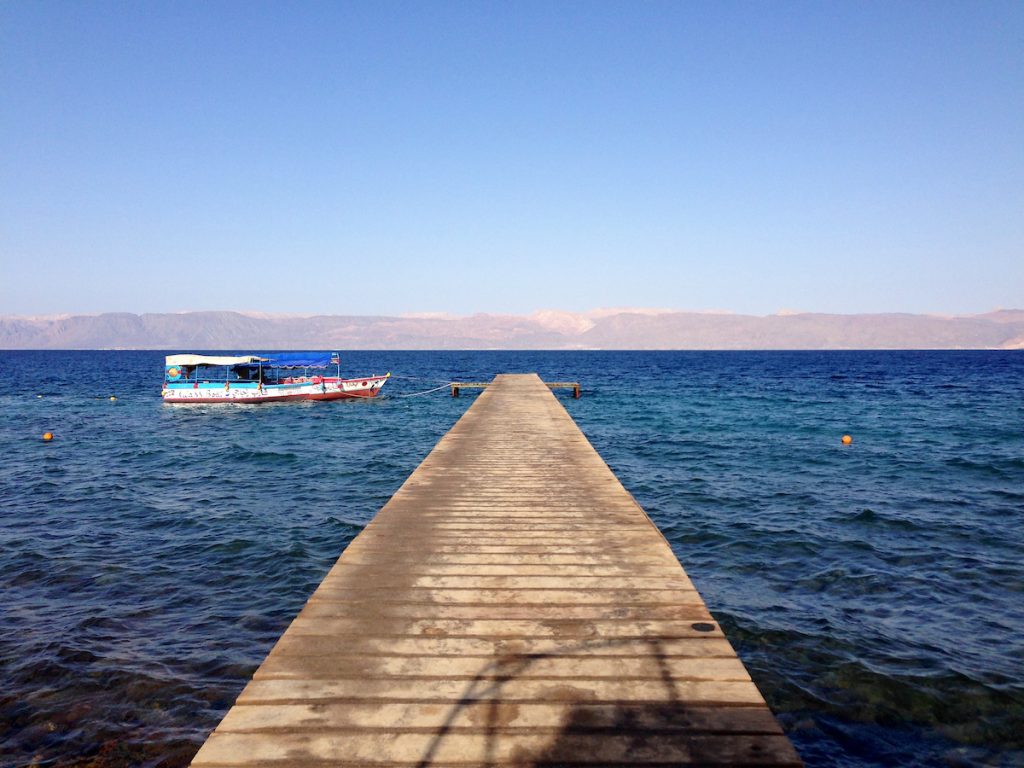
Jordan: Community Empowerment and Climate Change Internship—Gain professional experience with a UN or government agency or NGO working with youth and vulnerable groups on community empowerment and environmental sustainability.

Netherlands: Human Trafficking, Sex Trade, and Modern Slavery in Europe—Examine diverse areas of human trafficking and the sex trade, including the relationship between sex workers and broader societies.
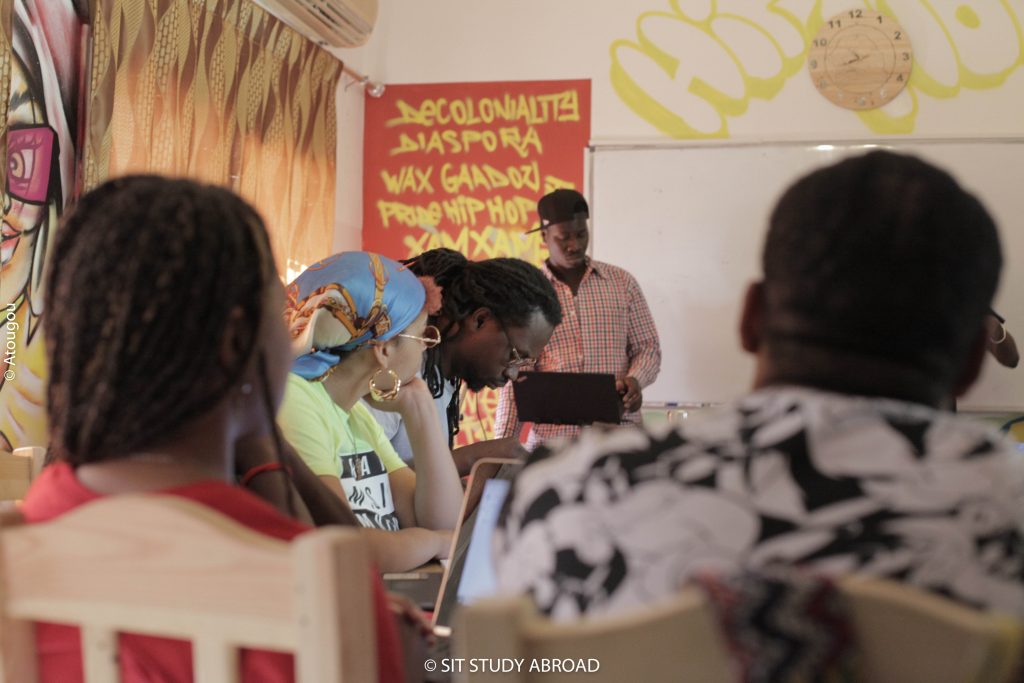
Senegal: Hip-Hop, Resilience, and Black Struggles—Examine how young Africans use hip-hop to question traditional representations of Africa, imagine the continent’s future, and raise consciousness of globalization and (in)equality.
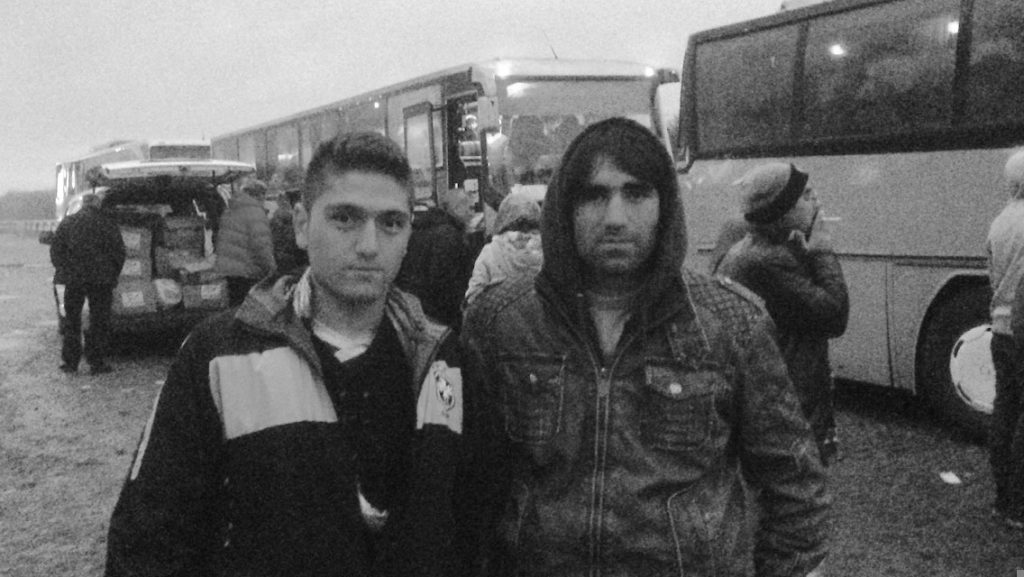
Serbia: Transitional Justice, Human Rights, and Memory Activism Internship—Look at justice, human rights, and memory in post-conflict societies and contribute to the work of an important organization with a meaningful internship.

Spain: Sustainable Urban Development and Social Justice—Explore the approaches Spanish cities are taking to pursue sustainable urban development within a social justice framework.
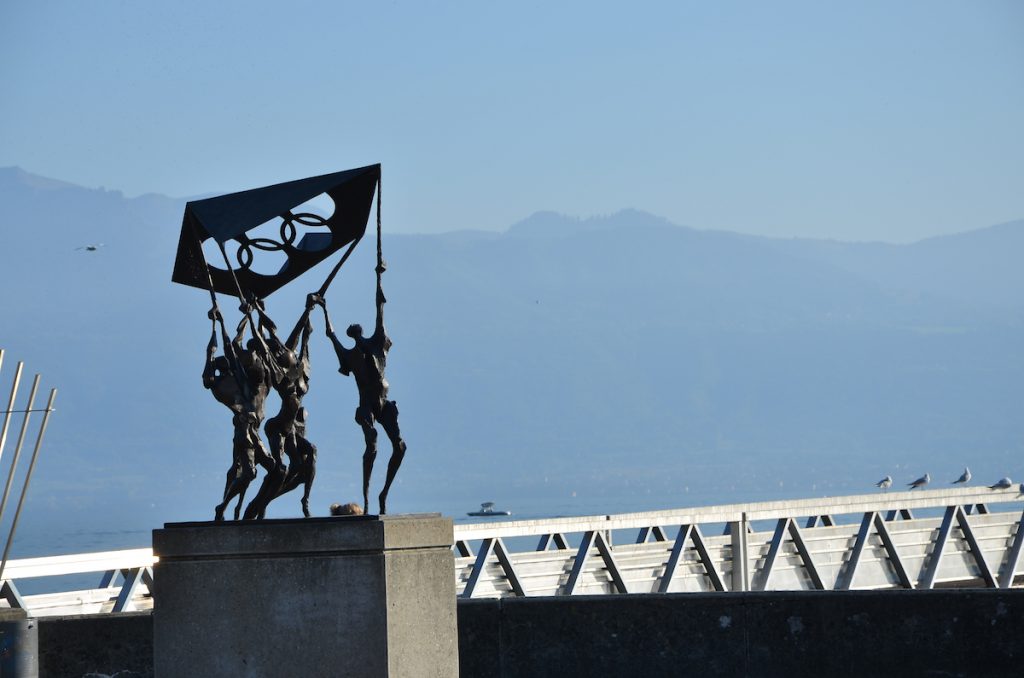
Switzerland: Global Health and Development Policy—Compare public health systems within the framework of international and sustainable development, humanitarian action, human rights, and social justice.
For more information about these and all SIT Study Abroad programs, visit www.studyabroad.sit.edu.
Dr. Cheikh Thiam will lead SIT’s large and diverse portfolio of sub-Sahara programs
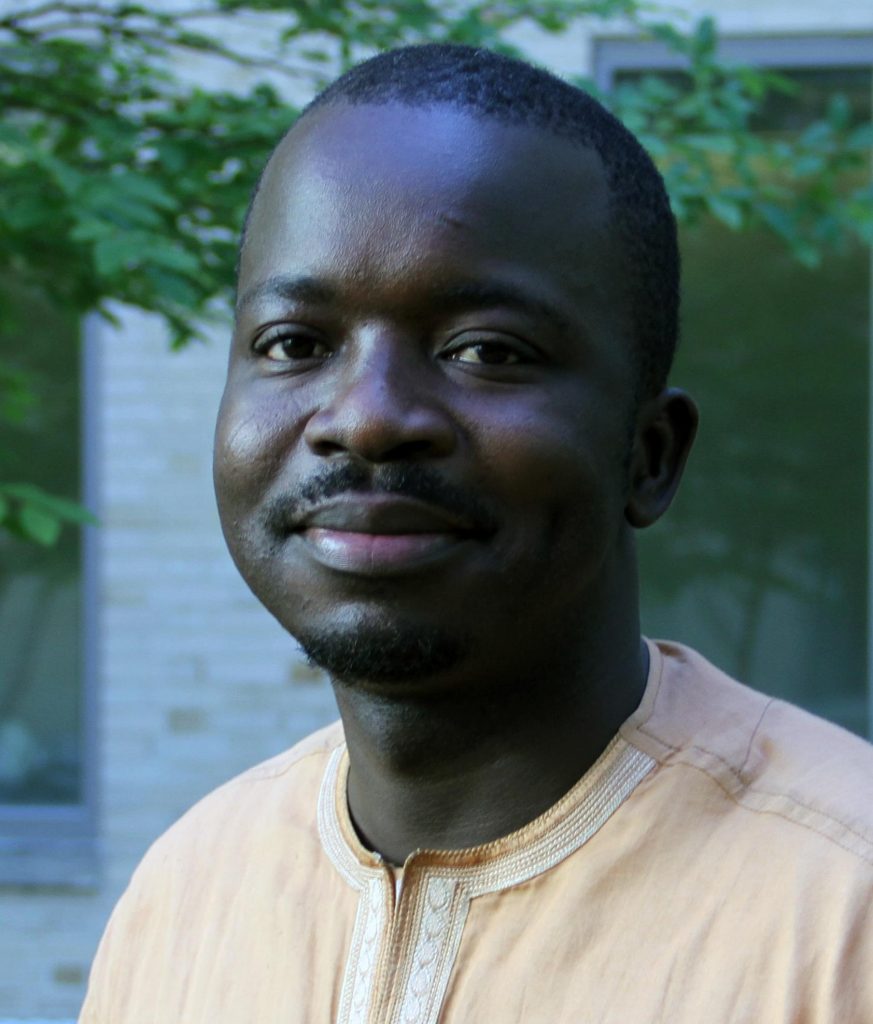
BRATTLEBORO, Vermont – Dr. Cheikh Thiam, academic director for SIT Study Abroad in Senegal, will become SIT academic dean for Africa South of the Sahara starting Jan. 1, 2020, School for International Training announced today.
Thiam co-leads SIT Study Abroad programs in Senegal focused on global security and religious pluralism, and designed a pioneering undergraduate program that explores how hip-hop artists and cultural influencers are redefining Africa’s future. “I am looking forward to taking on this expanded role at SIT, while drawing from my research examining collective imaginations of being and identity in Africa and the African diaspora in the colonial and postcolonial era,” said Thiam, who has directed study abroad programs in Senegal for the past 10 years.
As academic dean, Thiam will lead one of the broadest portfolios of programs in Africa of any U.S. institution. SIT’s multidisciplinary portfolio of accredited undergraduate programs covers nine sub-Saharan countries and encompasses subjects such as biodiversity and wildlife management, multiculturalism and human rights, health policy and social transformation, and even offers a journalism program. Several of SIT’s Global MA programs also have components based in Africa, including climate change in Tanzania, humanitarian assistance in Uganda, global health in Kenya, and international diplomacy in South Africa.
Cheikh’s outstanding scholarship and network of relationships across Africa and the United States, combined with his passion for student-centered study abroad classrooms, make him an outstanding addition to our leadership team.
— SIT President Dr. Sophia Howlett
Thiam brings to his new role a strong background in U.S. higher education. He has an MA and a PhD in comparative literature from Binghamton University, an MA in French from the University of Provence in Aix-en-Provence, as well as a BA from Université Cheikh Anta Diop in Dakar. He served as associate professor of African American studies, African studies, and French at The Ohio State University. He is the author of “Return to the Kingdom of Childhood: Re-envisioning the Legacy and Philosophical Relevance of Negritude,” published by Ohio State University Press in 2014.
Thiam also was the editor of Negritude Reloaded, a special issue of Journal on African Philosophy, an associate editor of Research in African Literatures, and has published widely in literature and philosophy journals such as Ethiopiques, West Africa Review, La Revue Africaine, La Revue du Graat, French Review, Research in African Literature, Dalhousie French Review, and Journal on African Philosophy. He recently completed a second book manuscript, “Epistemologies from the South: Negritude, Modernity, and the Idea of Africa.”
In announcing his appointment, SIT President Dr. Sophia Howlett said, “Cheikh’s outstanding scholarship and network of relationships across Africa and the United States, combined with his passion for student-centered study abroad classrooms, make him an exceptional addition to our leadership team.”
Thiam will join Howlett’s Council of Deans, a group that oversees SIT’s undergraduate programs, the SIT Graduate Institute, and SIT’s stable of more than 80 study abroad programs in Asia and the Pacific, Europe and the Middle East, Latin America, and the International Honors Program.
Thiam succeeds Dr. Daniel Lumonya, who has served as academic dean for the region since August 2015. Prior to that time, Lumonya was SIT academic director in Uganda. Lumonya completed his PhD in development sociology at Cornell University. “I have had the chance to work with Cheikh on our evolving programs in the region and I welcome the depth of experience he brings to this position,” Lumonya said.
Lumonya is leaving to pursue a career in research, teaching and community service from his country, Uganda. “I want to thank Dan for his dedicated work and stellar contributions to SIT, both as an academic director and dean,” Howlett said. “We will all miss him.”
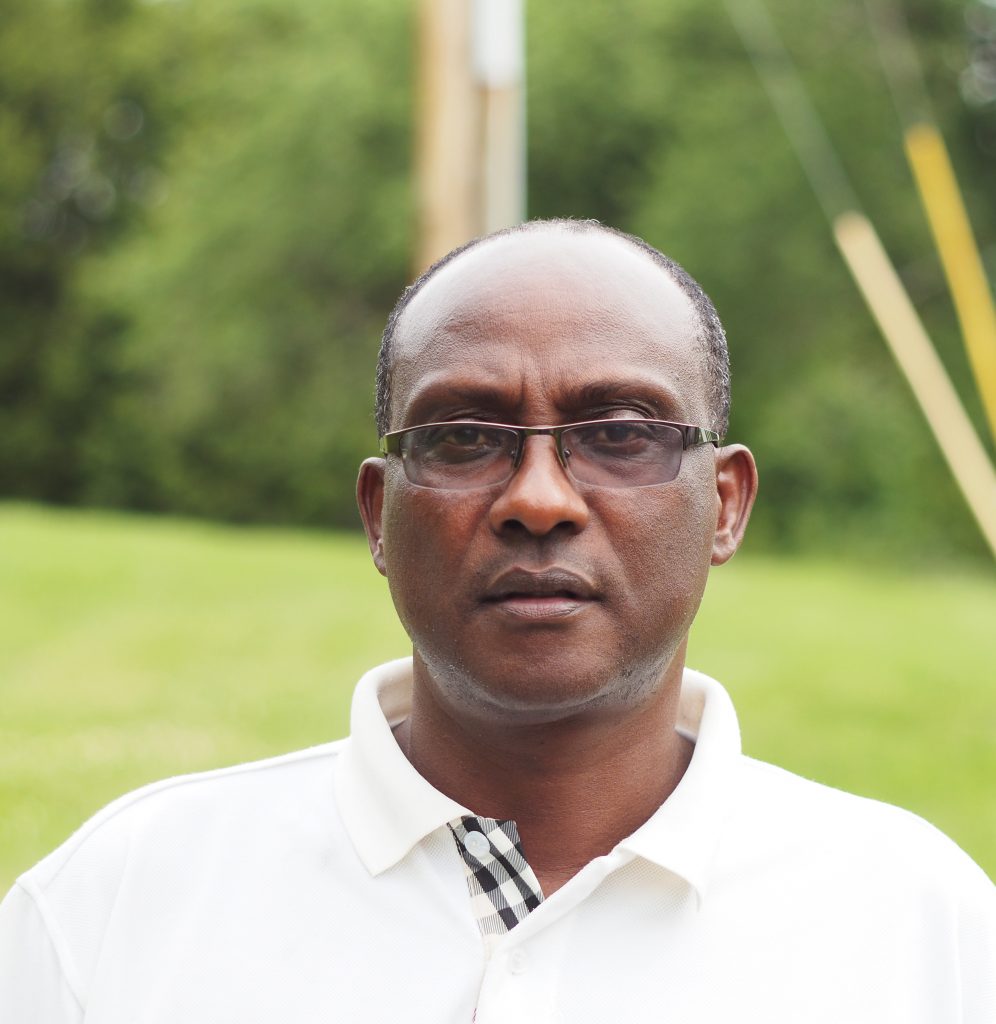
Johnson Mugaga is division manager at the National Unity & Reconciliation Commission of Rwanda. The commission was established to unite Rwanda in the aftermath of the 1994 genocide against the Tutsi. A math teacher who earned a BA in education in Uganda and an MBA in the UK, Johnson works with a team that liaises with NGOs, religious leaders, and organizations that engage in peacebuilding, community outreach, and grassroots development.
“We look at how each uses their particular medium to pass on the message of peace … We meet with political parties, religious leaders, media, civil society, the public and private sectors, and community members to ask them what they are doing to foster unity and fight discrimination and exclusion. These are the core drivers of the genocide against the Tutsi. We watch for this on all levels.”
Johnson began his career in civil service in 1994 when he was asked to step in as deputy governor in a southern province, where he oversaw the resettlement of displaced persons and refugees. “After the genocide, everyone was called upon to give a hand,” he said. “They would look at where you were most competent – running clinics or orphanages, in trauma healing, doing community work. Sometimes we did this with no salary.”
We spoke with Johnson during his visit to Vermont this summer as part of SIT’s 2019 CONTACT Peacebuilding Program.
The whole system had broken down. People needed to be secure.
Was this service a way to help the country heal?
In part, yes. The whole system had broken down. People needed to be secure. They needed a local leader to call, police, support services. So, it was part of the healing process because at that particular moment people’s basic needs had to be met: health care, clean water, shelter, food, security. Later we started the distribution of farm implements – hoes and seeds. Then we started schools, markets, local governments.”
The Rwandan community identified the following as the key drivers of 1994 genocide against the Tutsi: a culture of impunity, ignorance, bad governance, and poverty.
What did this service instill in you?
Resilience. I realized you must stand firm whenever you face a problem; that we, as Rwandans, must be there, must own it. So, it created a sense of ownership; a knowledge that the problem would not be solved by arbitrators or mediators or peacekeepers but by we, the Rwandans. That we must look for ways of sitting together to find common ground and solutions to our problems.
The National Unity and Reconciliation Commission carried out grassroots consultations and the Rwandan community identified the following as the key drivers of 1994 genocide against the Tutsi: a culture of impunity, ignorance, bad governance, and poverty. These findings were brought to the National Summit and partly informed the policies, legislation and institutions to address those problems.
For example, in 2002 Rwanda introduced decentralization and established 107 local governments to address the issue of giving voice and power to the people. But it is one thing to elect council members and another to know what to do. It is in this regard that I was appointed the Pioneer Secretary General of the Rwanda Association of Local Government Authorities in 2002.
Rwandan identity was destroyed in 104 years; you can’t rebuild it in 25 years.
Do you feel like your country’s differences have largely been put behind you now?
I can say we are secure, but one thing you must understand is that the divisions in Rwanda are rooted in our colonial legacy: German rule, Belgian rule, divisive post-independence leaders influenced by the Catholic Church. That thinking percolates in our genocide. … Rwandan identity was destroyed in 104 years; you can’t rebuild it in 25 years. You can’t compare us to Kenya or Uganda. They did not have a genocide. You don’t wake up and overnight say ‘we have done it.’ Can you imagine somebody who killed people including his own children? Can you imagine the stories being told by survivors to their children, by perpetrators to their children?
As we talk today, people are still suffering from the German occupation of Belgium in World War I. People in the fourth generation are suffering from intergenerational trauma. So, you can’t wake up today and tell me the genocide ideology has disappeared. We have national unity, yes. Our policies are unified nationally. But internally we have not gone that far. It’s been one generation. It won’t just disappear. So yes, we have moved a step, but we must move much farther.
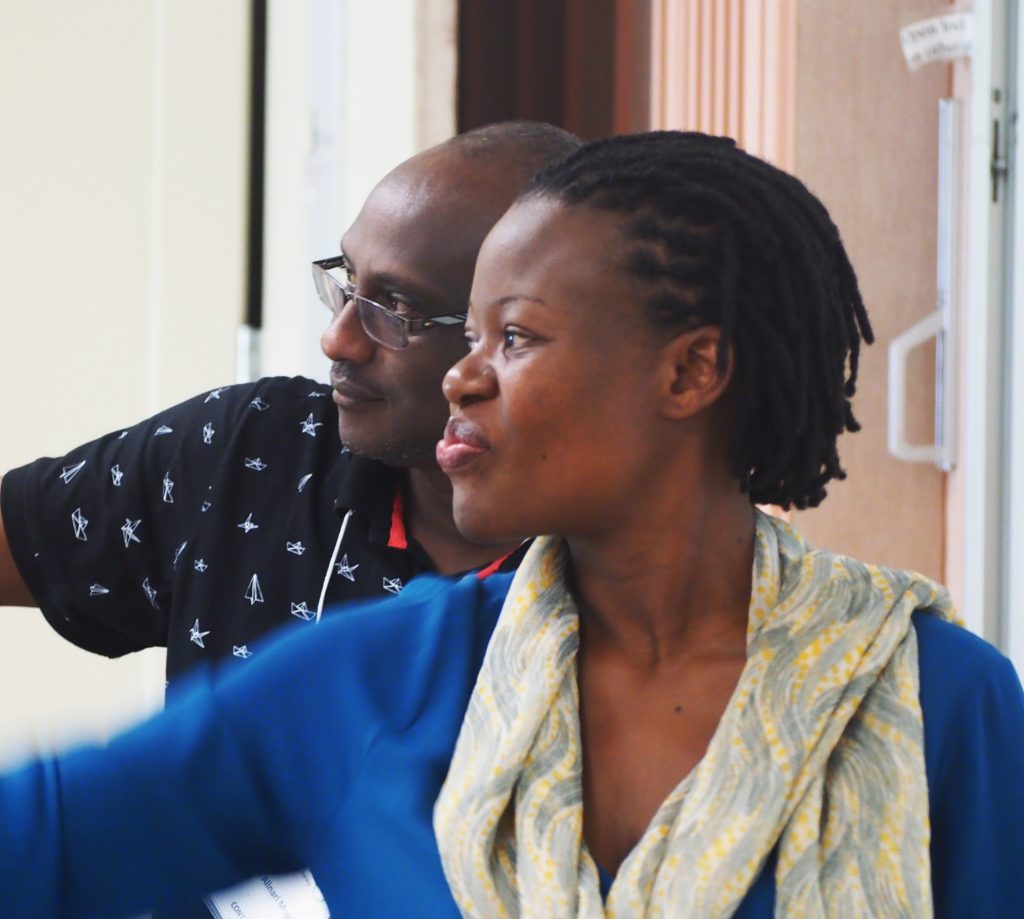
Every summer, an international group of peacemakers gathers on the SIT campus in Vermont. They learn from faculty, but they also learn from the often remarkable experiences of their fellow students.
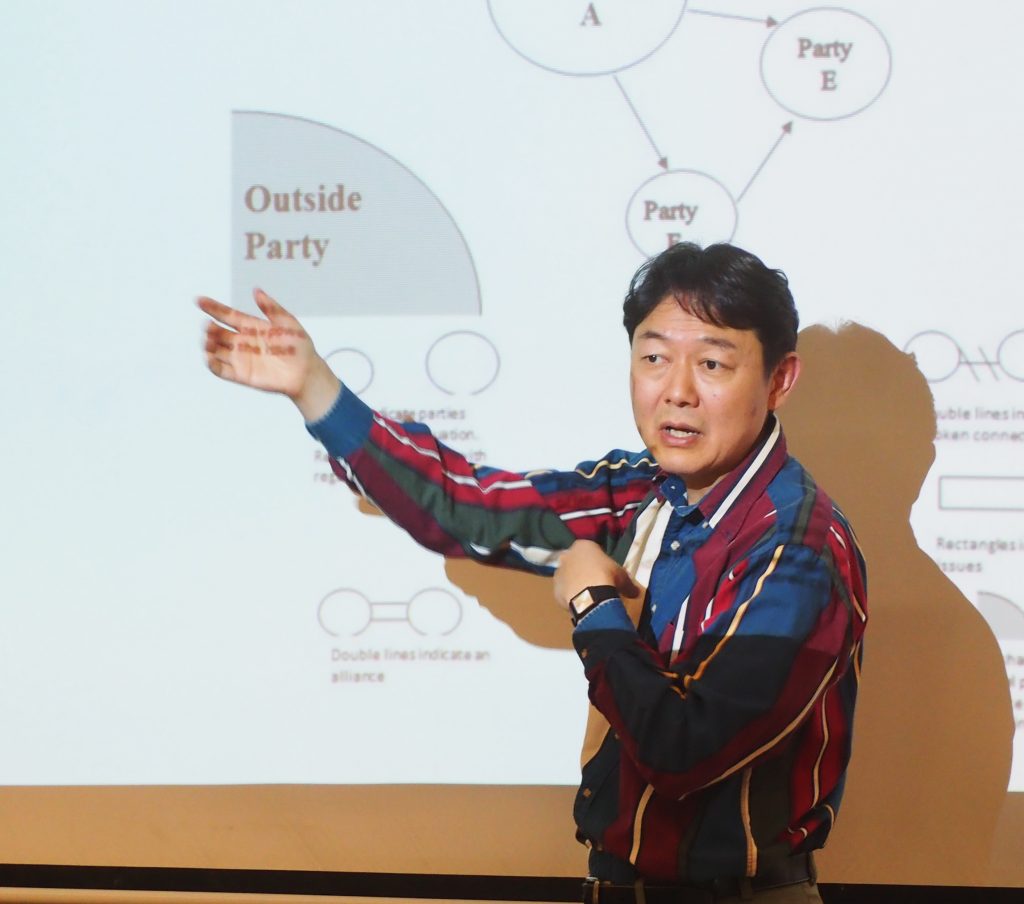
Participants in CONTACT — Conflict Transformation Across Cultures — spend two weeks in Vermont, taking core and elective courses and simply getting to know each other. Many spend a third week in Washington, D.C.
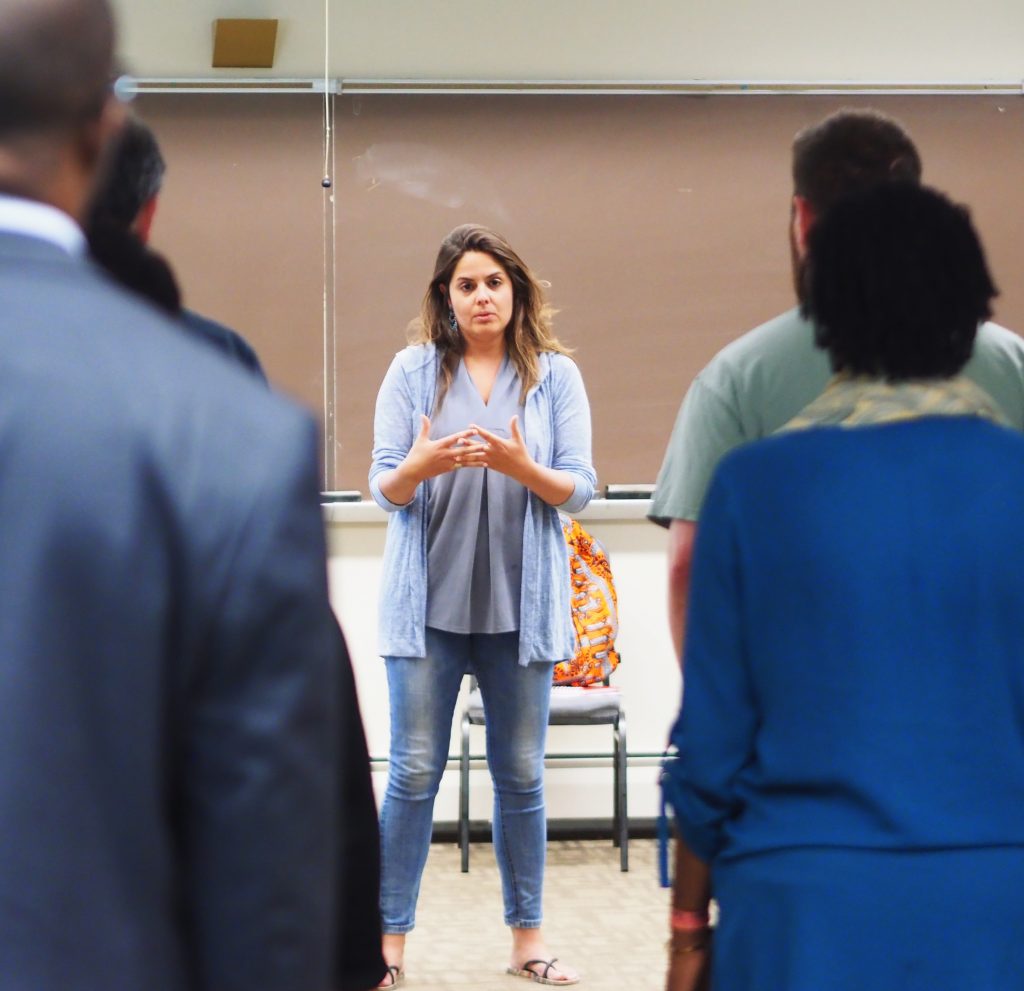
CONTACT classes get down to serious business, discussing intractable conflicts and the details of developing dialogue even in such difficult circumstances. But classrooms often emit sounds of music and laughter — participants lead exercises aimed at shared sense of purpose and cross-cultural understanding before the hard work begins.
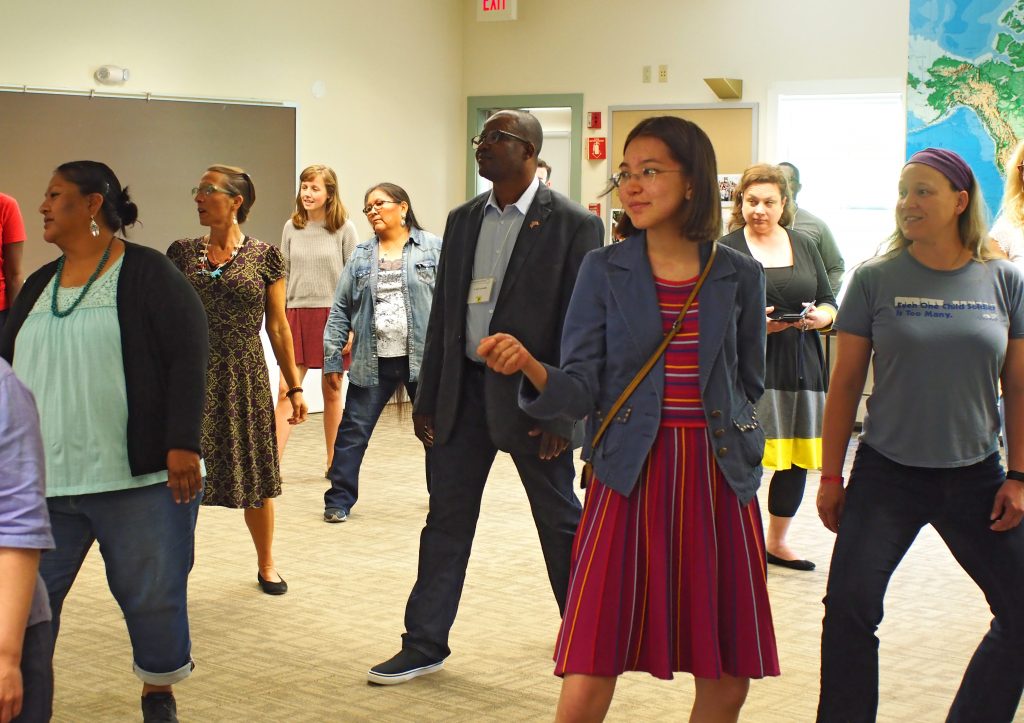
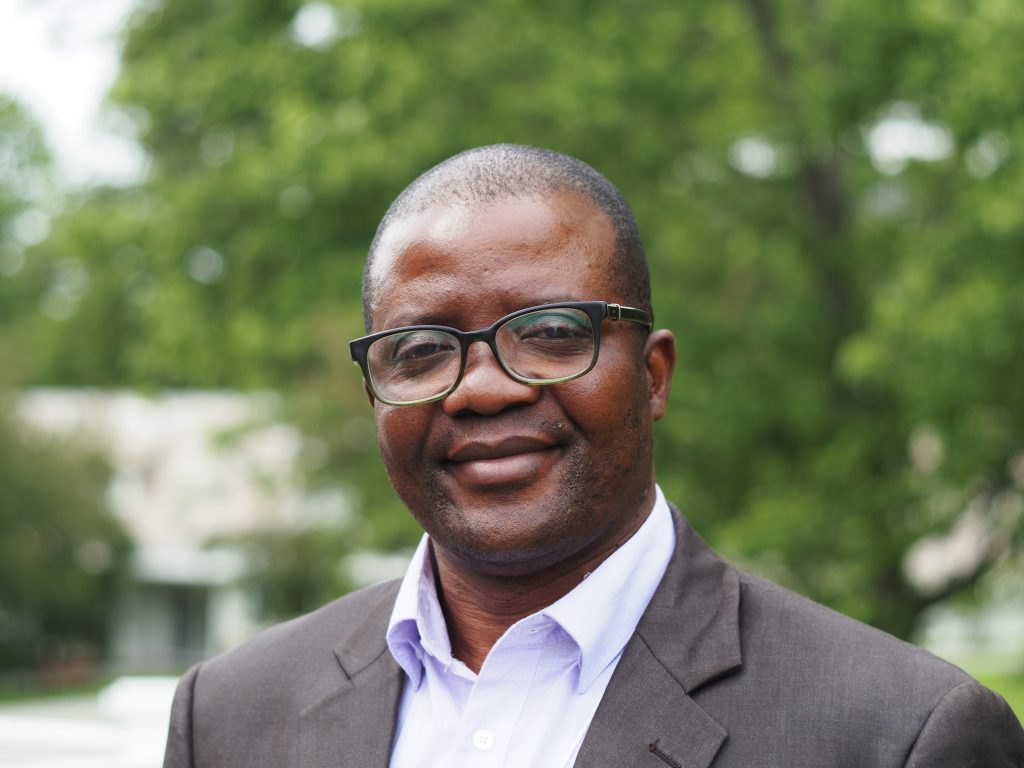
Abel Learwellie came to CONTACT to enrich his knowledge of the work he’s already doing as executive director of the Camp for Peace Liberia, which brings together youth to learn about non-violent conflict resolution and peace education. “Everything we do here is practical, which leaves a very good imprint on your mind. I’ll be able to apply these practical concepts in my day-to-day work,” he says.
Learwellie particularly enjoys the opportunities to exchange ideas with peers from across the world — including Rwanda, Spain, the U.S., and Canada — who have different experiences and perspectives on peace and conflict transformation. “Everyone is bringing their experiences,” he says. “I’m learning a lot from my peers and they’re also learning from me. It’s give and take.”
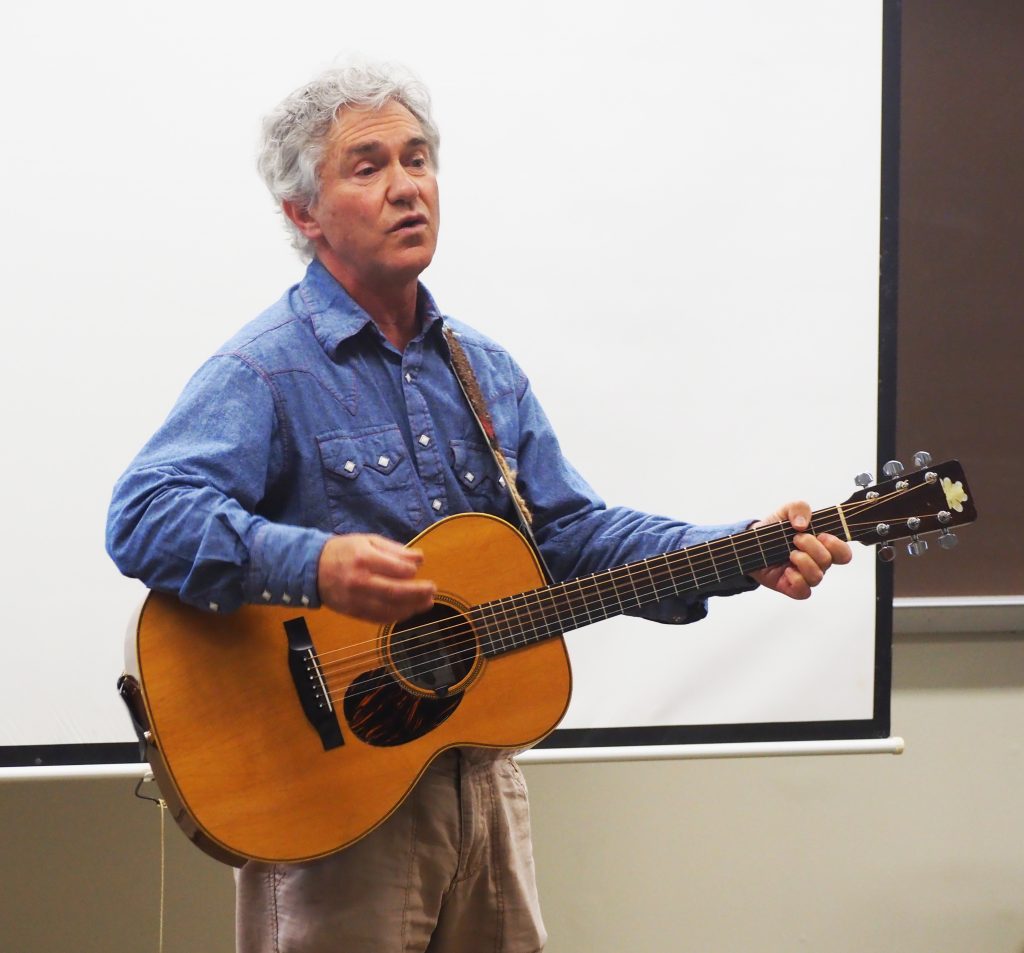
Some CONTACT participants are new to the field of peacemaking, or come to the program to augment work they do in other fields. Others, like Learwellie, arrive with careers in the field well underway.

Conflict transformation is at the heart of Johnson Mugaga’s role at the National Unity & Reconciliation Commission of Rwanda, established to unite the country in the aftermath of that country’s 1994 genocide. As division manager in charge of programs, he often works with researchers and experts, and wanted to gain a better understanding of their technical knowledge. “The best place to get it is CONTACT,” he says.
Not only is the program giving him better insight into his work, but Mugaga says the scenic peace of the SIT campus has been very conducive to learning. “It’s a good environment for anything academic,” he says.
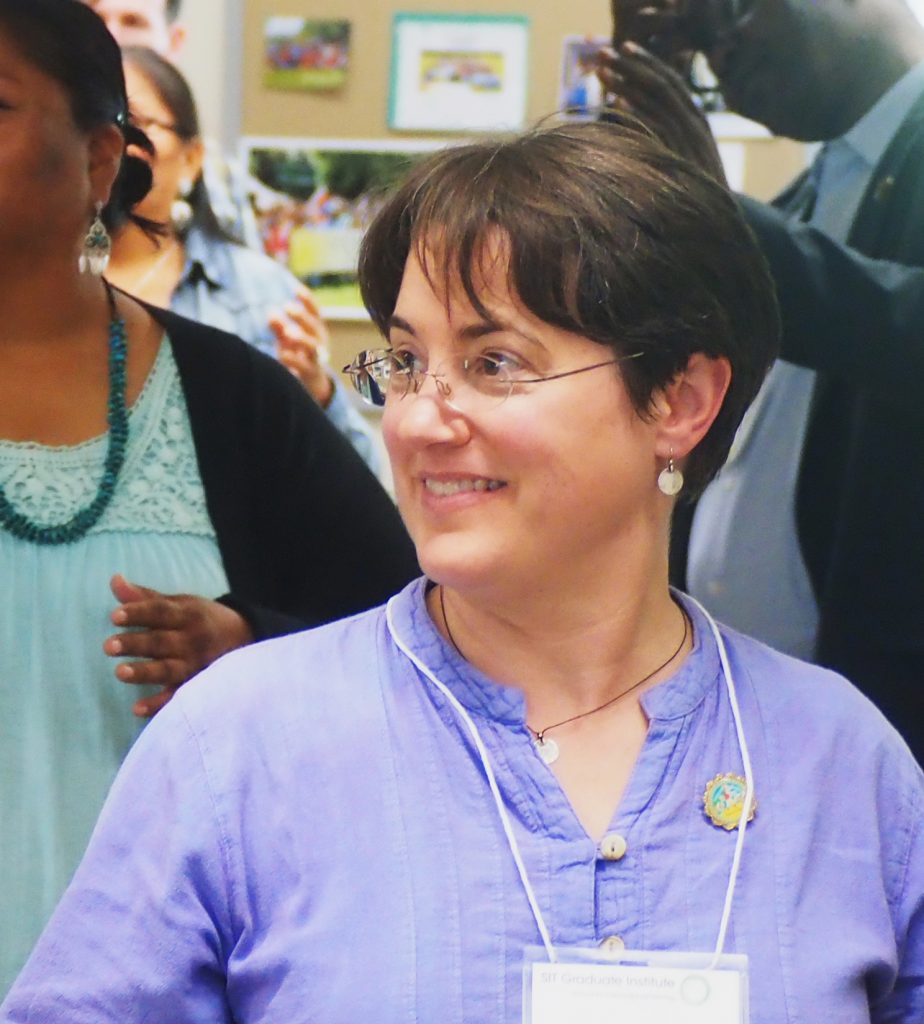
Another of this year’s participants is Kerry Ryer-Parke, who teaches voice at Bennington College in Vermont. Though at first glance it may seem unusual for a music teacher to study peacebuilding, it’s a natural progression for Ryer-Parke.
“I believe in music as a community-building activity. I’m looking to design courses that combine music and peacebuilding,” she says.
The organization Musicians Without Borders is also a key part of the CONTACT program, offering electives in just this sort of combination. Ryer-Parke says she’s found that their work has offered her a well-researched foundation for things she, as a music teacher, already found herself understanding on a more intuitive, instinctual level.
“They’ve discussed how trauma interferes with things like cognition. And music has the ability to bring the brain back into function because it uses the body, it uses rhythm, it uses both hemispheres of the brain.”
Echoing the sentiments of many students, Ryer-Parke adds that her time on campus has proven fruitful not solely because of academic work, but in part because of the opportunity to get to know people from different backgrounds and cultures.
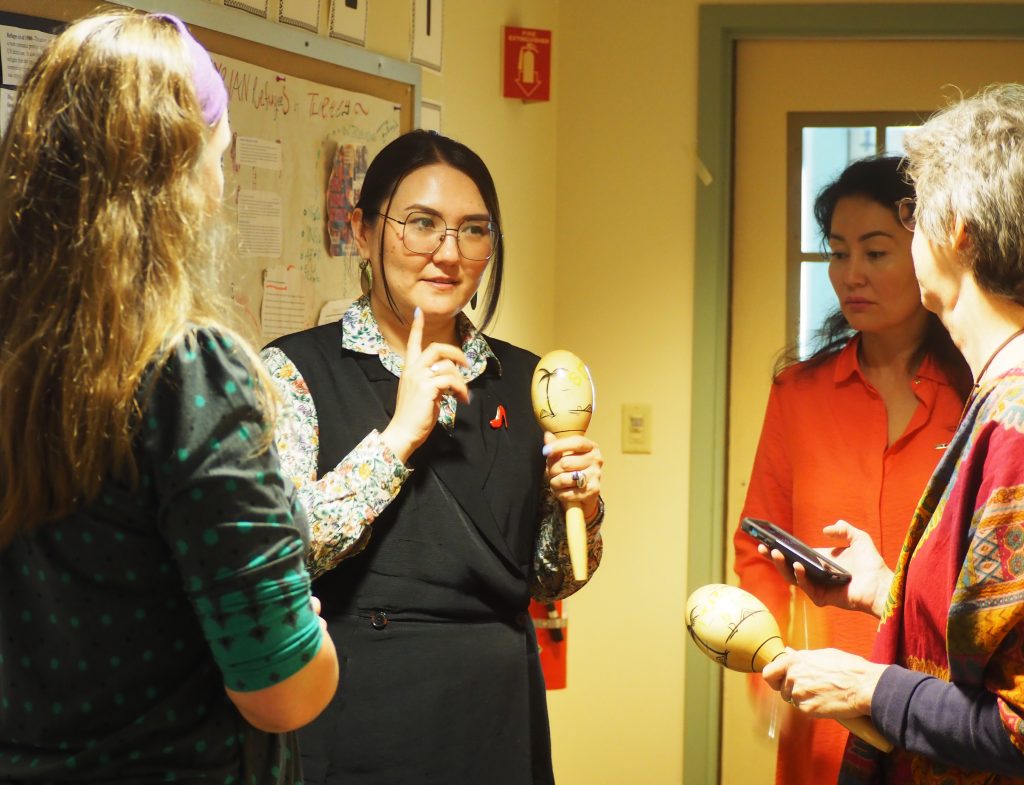
Jean Pierre obtained a BA in management from Free University of Kigali in 2007. He has been teaching SIT students since fall 2009 and also works with a variety of expatriate clients in Kigali. His teaching career began in 1996, when he was trained by a US de-mining group who came to Rwanda to train soldiers. Jean Pierre has been a teacher of Kinyarwanda at the International Language School in Kigali since 2004. He also teaches English to Rwandan university students at the Independent Institute of Lay Adventists of Kigali and was a translator for English and Kinyarwanda for Swedish missionaries from 2004 to 2007.
Apollon is a Rwandan and Belgian national and a survivor of the Rwandan genocide. Inspired by his personal and professional experiences, Apollon is committed to a historically accurate and sensitive memorialization of Rwanda’s recent history. He was instrumental in setting up this SIT program in Rwanda.
Apollon has a background in arts, graphic design, and advertising. As Rwanda country coordinator for Aegis Trust in 2002–2003, Apollon spearheaded the concept, design, and construction of both the Kigali Memorial Centre and the Murambi Genocide Prevention Centre. He later served as Aegis Trust’s Rwanda country manager, managing the Kigali Memorial Centre and fundraising for Aegis Trust projects. Prior to this, he worked for University College of London’s Development Planning Unit and taught genocide prevention at the Beth Shalom Holocaust Centre in the United Kingdom. Apollon is founder of Survivors Funds UK, where he served as trustee and member of the organization’s management committee. He also worked as a consultant with the Campaign Against Genocide for the Rwandan Parliament; as a fundraiser with the Austria Development Agency Gacaca documentation project; and as a coordinator with Human Remains Preservation, a joint project between Cranfield University and the Rwandan government.
she/her
A Rwandan citizen, Celine Mukamurenzi joined SIT Study Abroad in 2013. Before that, she worked with the Rwanda Peace Academy, a regional center of excellence in the fields of training and research related to post-conflict reconstruction and peacebuilding and has participated in various research projects—most related to the 1994 Rwandan genocide and its effects. She counts among her greatest passions working in a multicultural learning environment.
She holds a BA in social work from the National University of Rwanda and an MA in peace education from the United Nations Mandated University for Peace in Costa Rica. She worked as project manager with the Association for Development and Social Transformation, a local civil society organization engaged in training for social transformation in Rwanda. In 2010, Celine was awarded a fellowship with the University for Peace Great Lakes Program, where she designed and developed curricula focused on education for social transformation, and gender and peacebuilding. She later worked as a curriculum design consultant with the National University of Rwanda’s Center for Conflict Management.
In 2021, Celine was awarded the Gerda Henkel Stiftung Fellowship to pursue PhD research in religion and peace studies at Makerere University’s College of Humanities and Social Sciences. She serves on the board of directors for a number of civil society organizations in Rwanda where she shares her expertise in the field of peacebuilding.
Courses Taught
Anatomy of Genocide and Intra-State Conflict
Post Conflict Reconstruction and Peacebuilding
Research Methods and Ethics
Internship Seminar
Select Publications
Mukamurenzi, C. (2012). Towards the understanding of social transformation process – special focus on Rwandan context. Lap Lambert.
Research Interests
Religion
Conflict and peace
Women’s empowerment: theory and praxis
Early and primary education
Miltone is a certified public accountant who has worked with SIT Study Abroad in Kenya since 2004. He holds a graduate diploma in business administration and a degree in development studies. Before joining the program, he worked as a research assistant for Family Care International, as part of an extensive research project on safe motherhood, and for SOS Kinderdof. As the program coordinator, Miltone assists the academic director in the day-to-day running of the program by performing various administrative duties and doubles as the student affairs coordinator. He also offers student support by organizing and leading excursions, facilitating lecture sessions, compliance, procurement, local program partnerships, and logistics.
BRATTLEBORO, Vt. – Leslie Massicotte, a U.S. NGO worker in Rwanda, is the newest Alice Rowan Swanson Fellow, the School for International Training announced today.
Read more about Leslie’s study abroad experience and plans for her fellowship.
Massicotte is a 2014 graduate of Earlham College in Indiana and a 2013 alumna of the SIT Study Abroad program Rwanda: Post-Genocide Restoration and Peacebuilding. The Indianapolis native plans to launch a project in Kigali to better educate young people about sexual and reproductive health.
The Alice Rowan Swanson Fellowship was established in 2009 by the family of SIT Study Abroad Nicaragua 2006 alumna Alice Rowan Swanson as a living tribute to her life, her desire to bridge cultures and help others, and the role that SIT Study Abroad played in her life. A 2007 graduate of Amherst College, Alice was killed while riding her bicycle to work in 2008.
The program awards fellowships twice annually to SIT Study Abroad and IHP alumni to return to their program country to pursue projects benefiting human rights in that region.
“This project is a wonderful example of the kind of work that the Rowan Swanson family seeks to support with this fellowship,” said SIT President Dr. Sophia Howlett. “Leslie clearly carries forward the values and spirit that shined in Alice. SIT is proud to have contributed to the education and cross-cultural experiences that motivated both of these extraordinary young women.”
Massicotte said her time with SIT in Rwanda was “the most stimulating academic discussion maybe of my whole college career — all these different voices, students from different backgrounds, discussing things like international relations, politics, and social work.”
“My passion for giving back, serving others, and being abroad came together at SIT,” she said.
During her program, she conducted independent research on sexual and reproductive health. When she returned to Indiana, she became a refugee case manager and helped create a women’s health center that provides education on menstruation, reproductive anatomy, and access to contraceptives.
Massicotte returned to Rwanda last year to join MindLeaps, a nonprofit organization that supports literacy among street children and young people who have never gone to school. She decided on her project after seeing a high rate of pregnancies among young women and girls.
Through her fellowship, she plans not only to teach children, but also to train other educators to continue the work beyond the period funded by the fellowship. Massicotte said she will carefully monitor goals and results to be sure the program is effective. “The whole idea is to use the money to start the teaching, but to make the project sustainable and able to run without my help,” she said
As part of the School for International Training, SIT Study Abroad is a fully accredited study abroad provider that works with more than 200 colleges and universities to send more than 2,000 undergraduate students on some 80 semester and summer programs in Asia and the Pacific, Africa, Europe, Latin America, and the Middle East, as well as comparative programs in multiple locations. In these programs, students step beyond the boundaries of a traditional classroom to analyze the critical issues shaping local communities around the globe.
Applications open Sept. 15
With undergraduates’ schedules in full swing for the new academic year, it’s not too soon to start thinking about how to make the most of summer 2019. Imagine snorkeling in one of the world’s top diving sites as you study marine ecology in Panama, building career skills with an internship at an NGO in Vietnam, exploring Madagascar’s extraordinary natural environment to learn about traditional medicine, or learning Arabic in Jordan or Morocco.
Those are just some of the many opportunities available through School for International Training (SIT). During summer 2019, SIT Study Abroad is offering 23 programs in 17 countries that will appeal to a wide range of majors and interests, including five skills-building internship opportunities.
Like all SIT Study Abroad programs, each summer program offers academic rigor and an immersive cultural experience within the framework of at least one critical global issue. Applications for these programs open September 15.
New to the SIT Student Abroad summer portfolio this year are:
Colombia: Building a Culture of Peace – Integrate peace studies with Colombia’s cultures through music, dance, and food from the program base in the vibrant, multicultural Caribbean Coast city of Cartagena, a UNESCO World Heritage site.
Vietnam: Nongovernmental Organization Internship – Learn about development and the roles of nongovernmental organizations engaged in social change through this guided internship, which also includes lectures and site visits. Customize this program based on your areas of interest.
SIT summer programs, sorted according to themes, are:
Climate | Environment
Iceland: Renewable Energy, Technology, and Resource Economics
Indonesia: Biodiversity and Conservation in Bali and Borneo
Jordan: Engineering and Design for Sustainable Environments
Nepal: Geoscience in the Himalaya
Panama: Marine Ecology & Blue Carbon Conservation in the Pacific & Caribbean
Tanzania: Climate Change and Sustainability, Mount Kilimanjaro to Zanzibar
Development | Economy | Inequality
India: Agroecology and Food Security in the Himalaya
Panama: Community and Nongovernmental Organizations Internship
Vietnam: Nongovernmental Organization Internship
Global Health
China: Community Health and Traditional Chinese Medicine
India: Traditional Medicine and Healthcare Practices
Jordan: Counseling and Humanitarian Action Internship
Kenya: Public Health in the Tropics Internship
Madagascar: Traditional Medicine and Healthcare Systems
Switzerland: Food Security and Nutrition
Media | Arts | Social Change
Argentina: Art, Memory, and Social Transformation
Migration | Identity | Resilience
Jordan: Intensive Arabic Language Studies
Morocco: Arabic Language and Community Service
Peace | Human Rights | Social Movements
Colombia: Building a Culture of Peace
South Africa: Education and Social Change
South Africa: Social Justice and Activism Internship
Switzerland: International Studies and Multilateral Diplomacy
Uganda and Rwanda: Peace and Conflict Studies in the Lake Victoria Basin
Visit our website for more information on these and all of SIT’s immersive, experiential study abroad opportunities.
